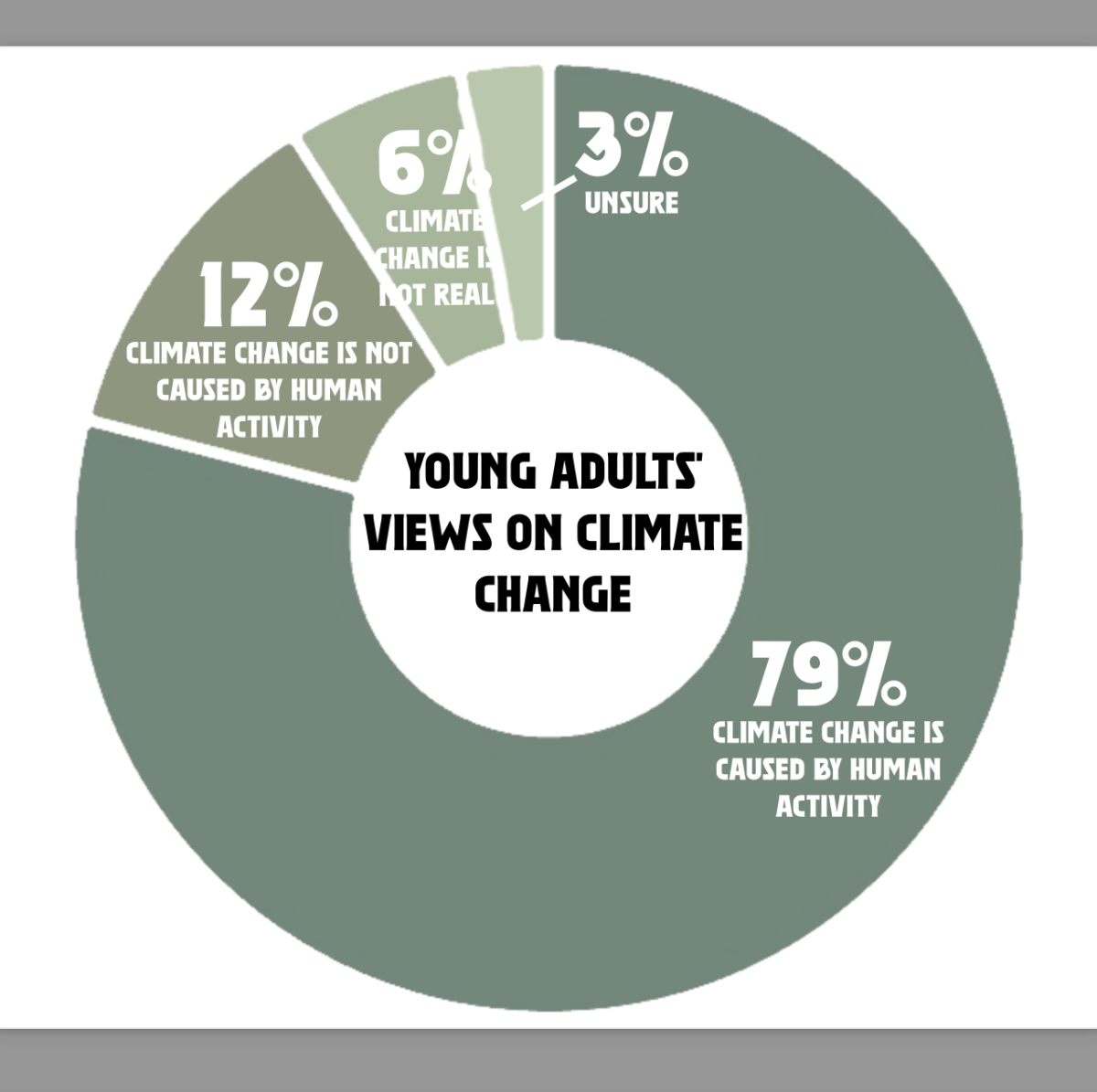It’s the end of the year, so time for the annual round of reflections on all that happened in the last 11 months. More than anything, 2013 was a great year for same-sex marriage.
In June, the Supreme Court struck down both Proposition 8, a measure banning same-sex marriage in California, and the Defense of Marriage Act, preventing same-sex marriages from being recognized by the federal government. And over the course of the year, six states- Illinois, Delaware, Rhode Island, Hawaii, Minnesota, New Jersey- passed legislation legalizing same-sex marriage.
I don’t think it’s too necessary to go into too much detail about my opinion on this; I’m sure you already know, or can figure it out. All people should have the right to marry, because the distinction between homosexual and heterosexual couples simply isn’t relevant to me.
What’s more important, though, is how to understand and address these changes. Enough people have different opinions about same-sex marriage — it’s fine, it’s against God, it’s bad for the economy. While I obviously favor a certain position over others, the only way that change will come within society, not just in legislation, is if all viewpoints are aired, discussed and resolved.
By this, I mean that everyone needs to be able to understand and interact with the viewpoints of the people that they disagree with. People who support same-sex marriage need to stop calling conservatives bigots and gay-bashers, and people against same-sex marriage need to stop treating liberals like family-destroying hippies.
A good example of what I’m looking for actually occurred on Facebook. I won’t name names, but a recent Facebook status, posted on Nov. 5, proclaimed a person’s opposition to same-sex marriage. Instead of a bunch of North Shore kids yelling at each other in caps lock, the discussion that took place in the comments was smart, informed and polite.
I used to think Facebook discussions were vacuous and terrible, and in many cases I still do. But when everyone is committed to meaningful discourse, Facebook can be a great medium for airing viewpoints and seeing what other people think.
We need to avoid the knee-jerk characterizations and backlash against opposing viewpoints that occur all too often. A good example of this is “Gathering Storm,” an advertisement launched in 2009 by the National Organization for Marriage to campaign against same-sex marriage in several states.
The advertisement claimed that same-sex marriage was a dire threat to society (hence “Gathering Storm”) and would severely limit family and parental rights. While this advertisement obviously isn’t run anymore, it still reveals the kind of hyperbole and polarization on both sides of the same-sex marriage debate.
This kind of rhetoric is counterproductive and contributes to the vitriol that has characterized the debate over same-sex marriage in the status quo. By contrast, a climate of discussion and debate that allows every viewpoint to be aired and challenged will create a more inclusive society and allow a better transition to the change that is occurring now.
I may sound idealistic. I get it- I myself have criticized this approach in the past. But given momentous changes that have happened and will happen from the top down, it is our responsibility to create a better climate in our lives and little spaces in society.
Obviously, we can’t all immediately change the kind of rhetoric used on a large scale instantly. But each person giving a higher priority to evaluating and understanding the viewpoints of others will be the first step away from the divisiveness that we all know and hate.










